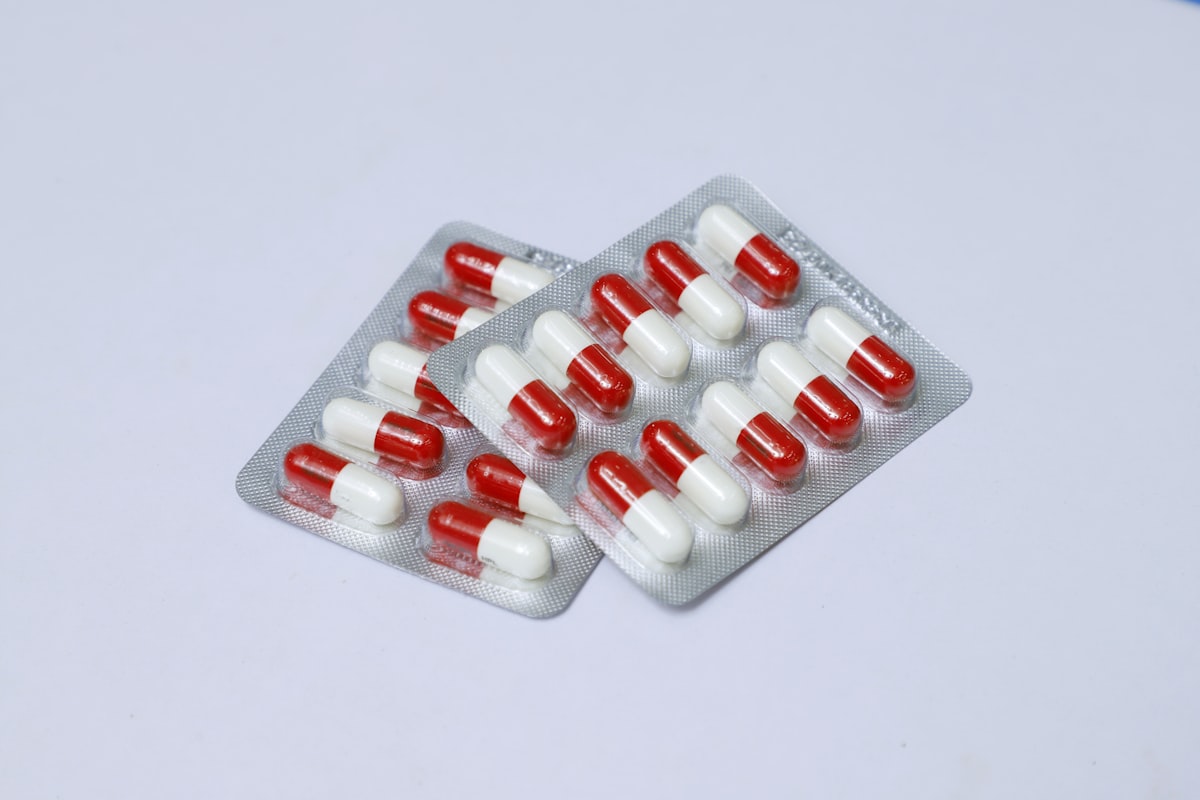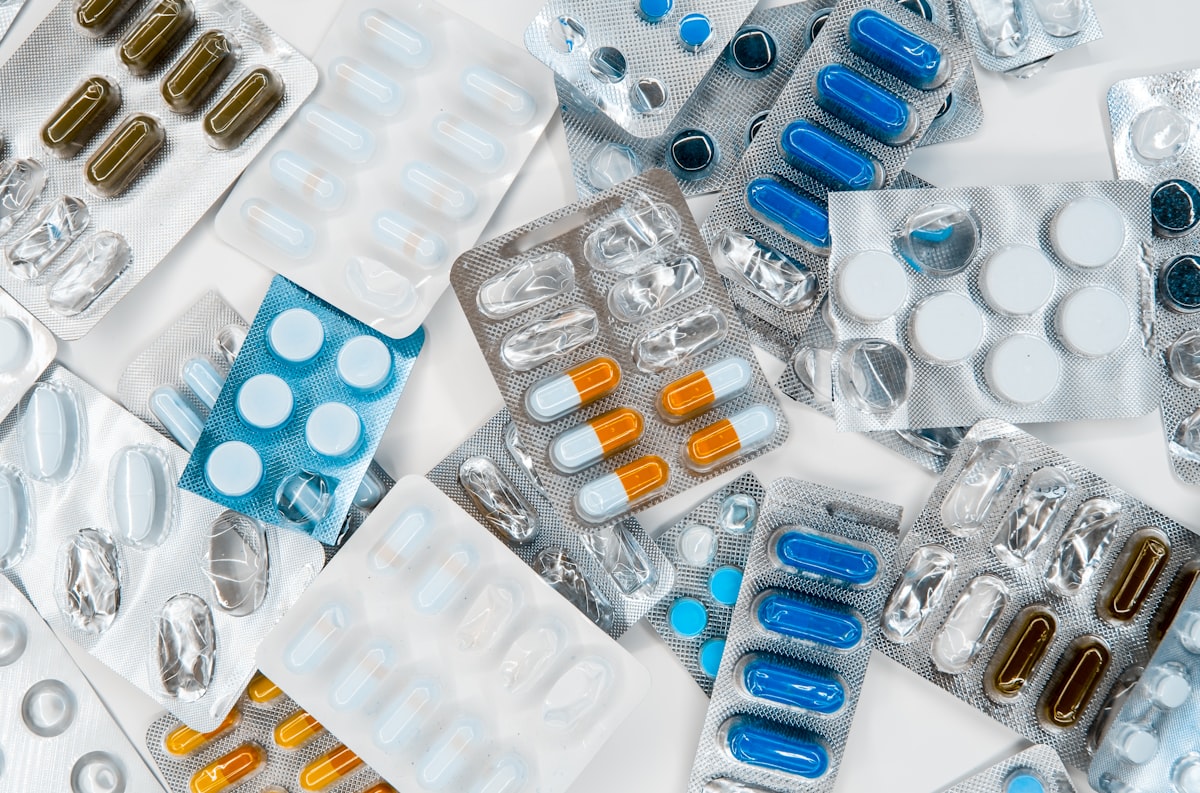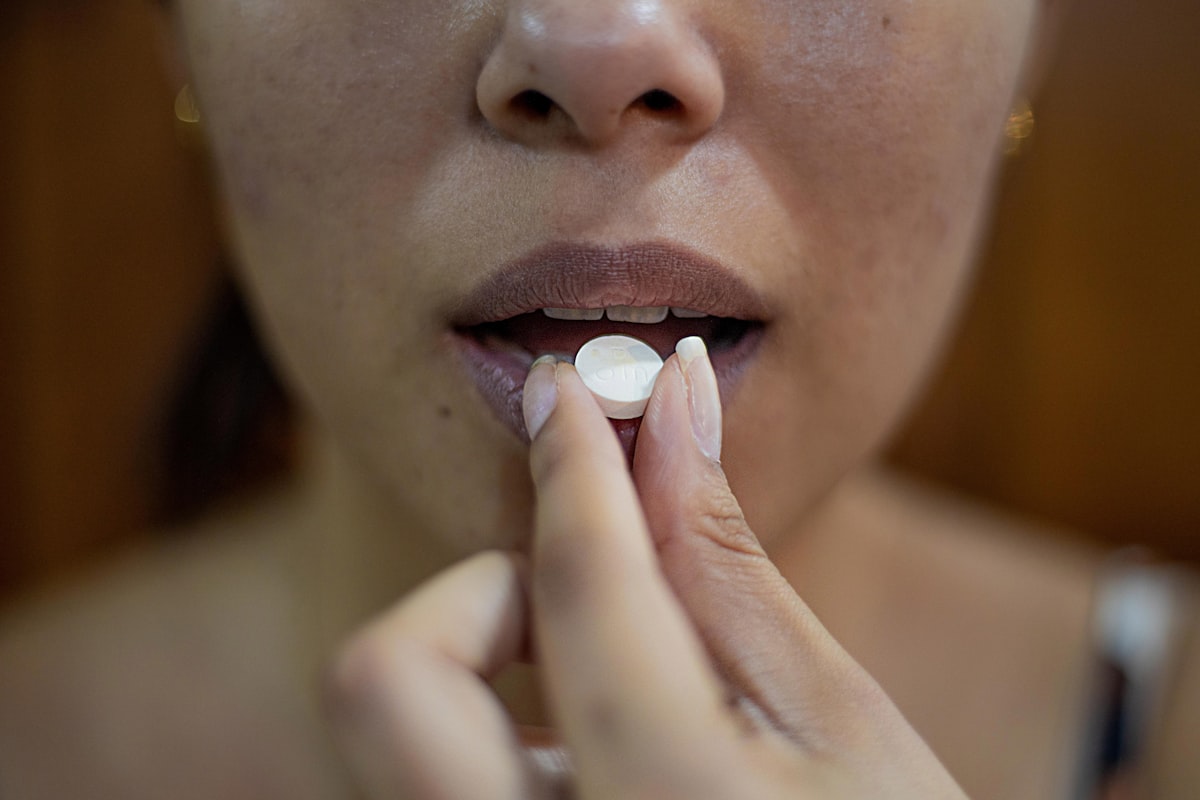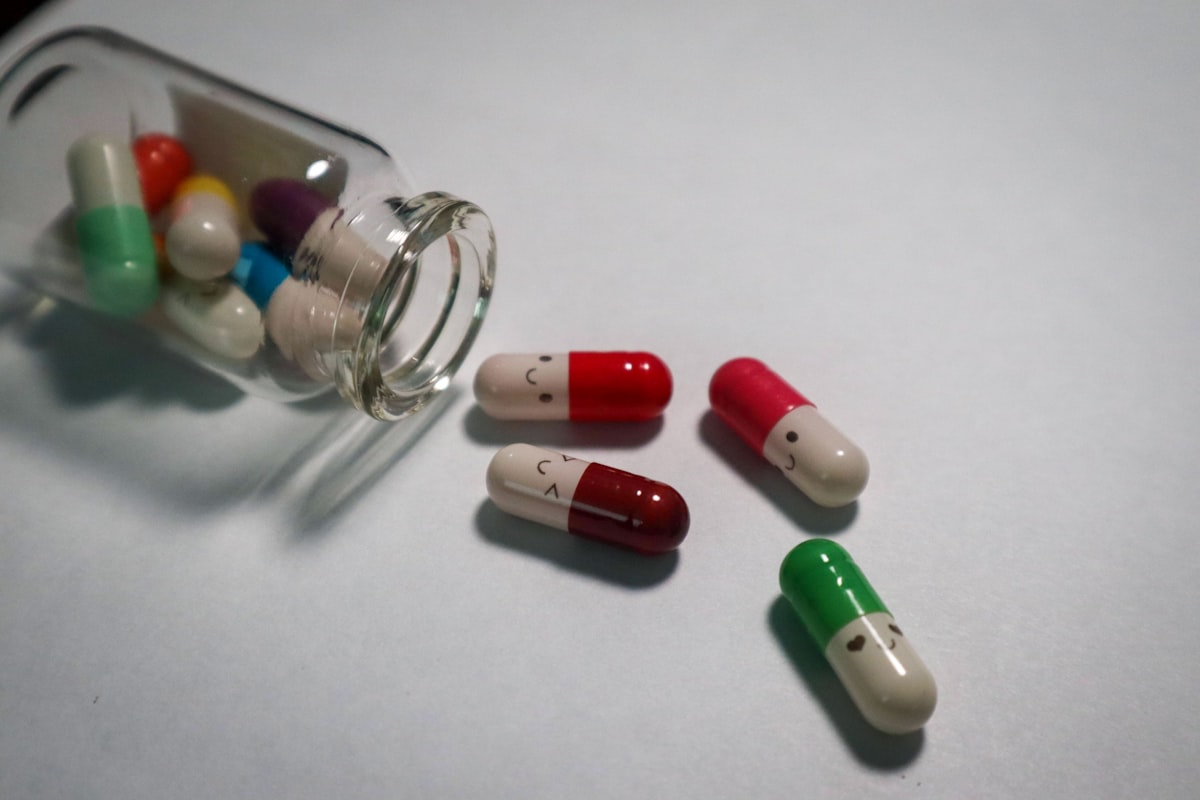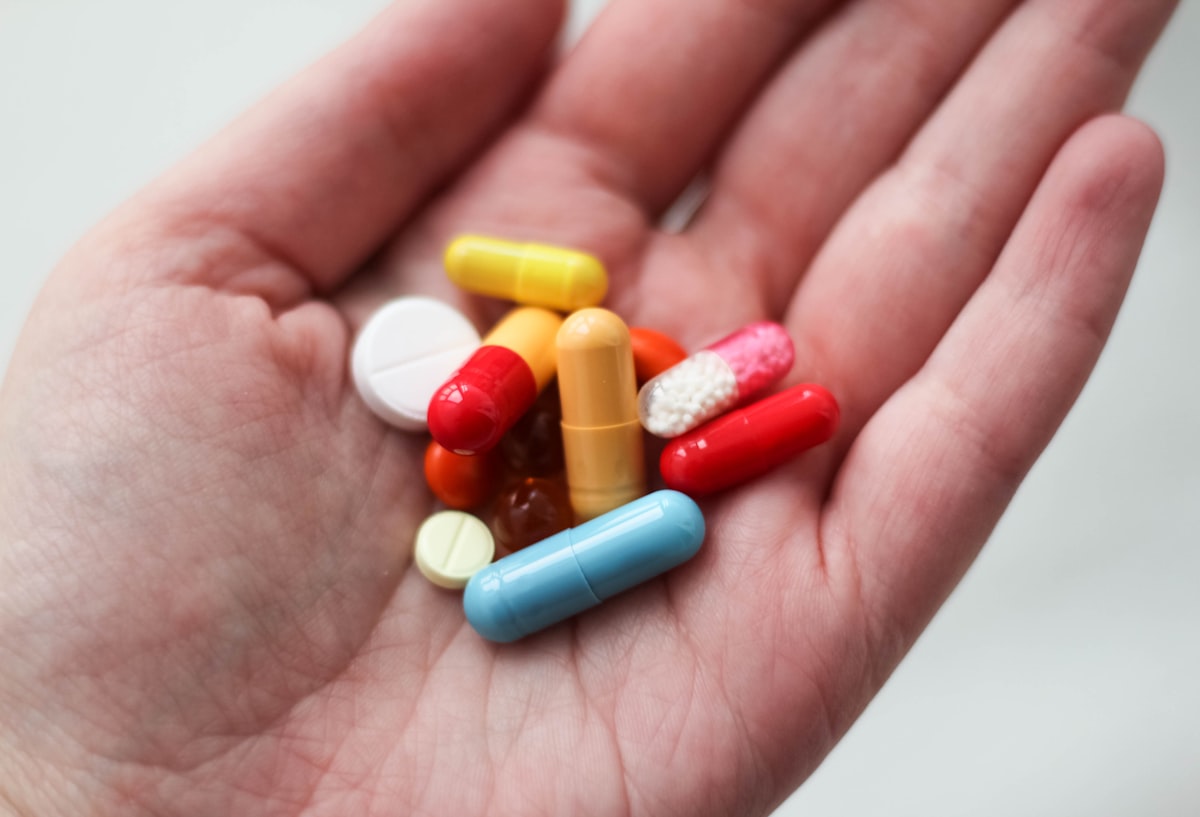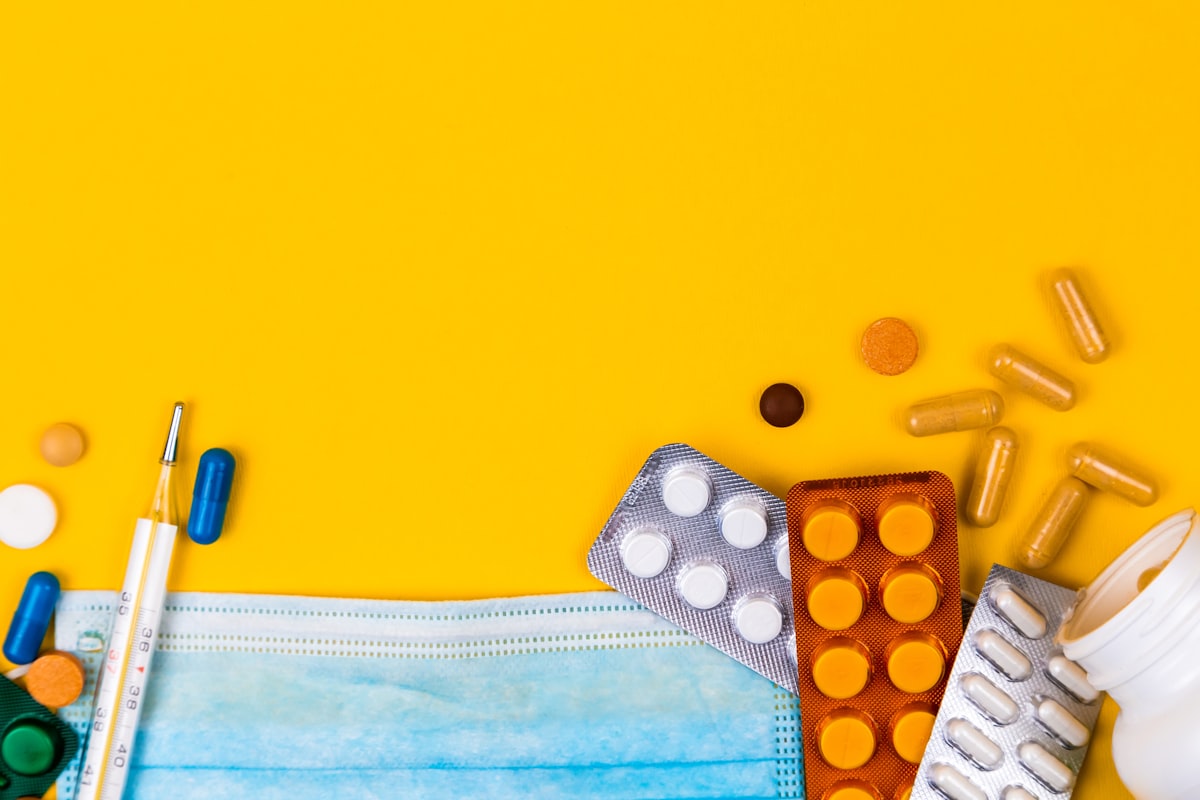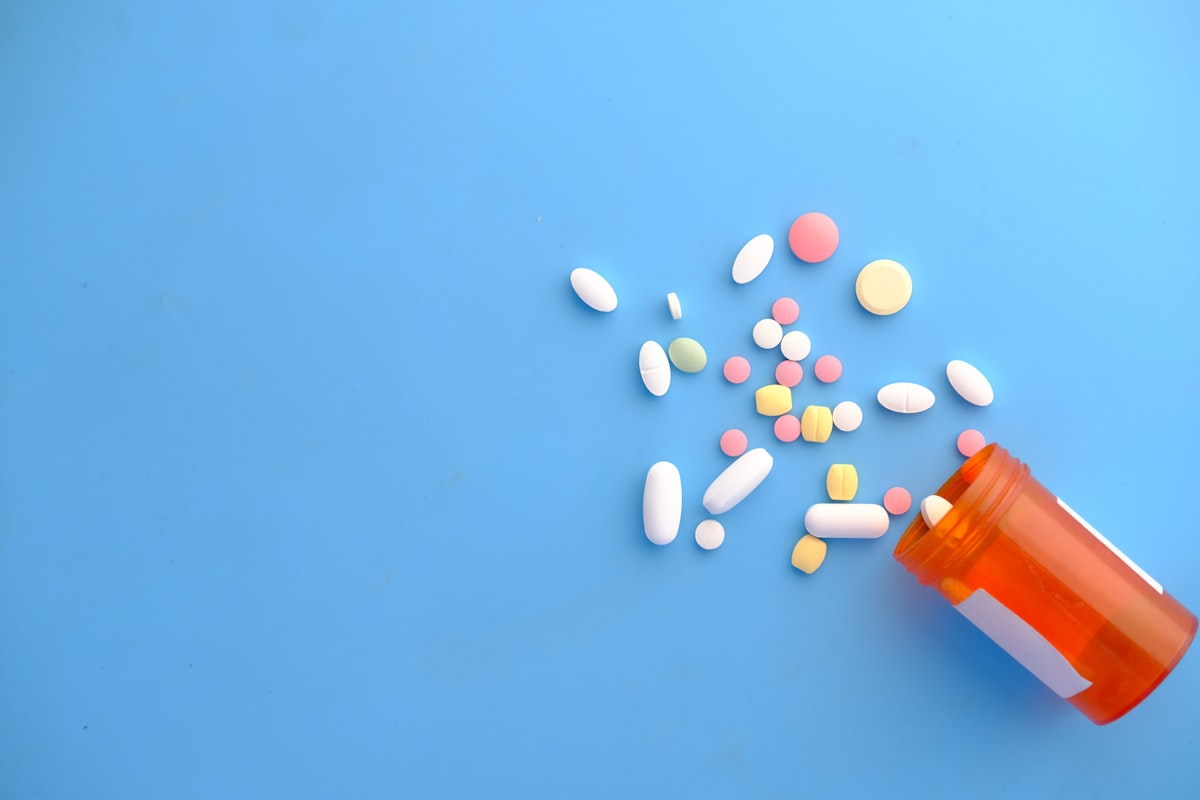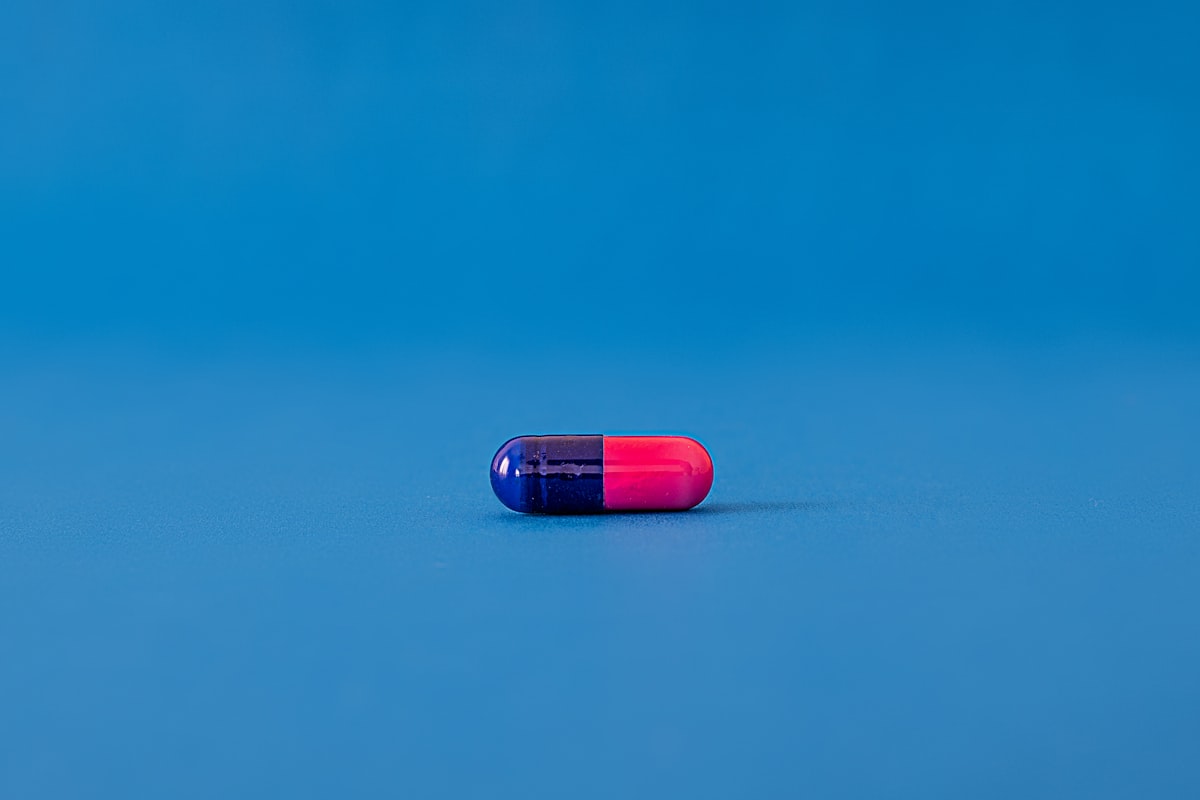Erectile dysfunction (ED), often referred to as impotence, is a prevalent medical condition characterized by the persistent inability to achieve or maintain an erection sufficient for satisfactory sexual performance. This condition affects millions of men worldwide and can have profound implications on both physical health and emotional well-being. ED is not merely a standalone issue; it often serves as a symptom or indicator of underlying health problems, including cardiovascular diseases, diabetes, hormonal imbalances, and psychological disorders such as anxiety or depression. The physiological mechanism of an erection involves a complex interplay of neurological, vascular, hormonal, and psychological factors. When any of these systems are disrupted, ED can manifest.
The importance of addressing ED extends beyond its impact on sexual activity; it can serve as an early warning sign of more serious systemic conditions. For instance, impaired blood flow—a key contributor to ED—is frequently linked to arterial blockages that may also affect the heart, making ED a potential precursor to cardiovascular events like heart attacks or strokes. Similarly, conditions like diabetes and hypertension, which damage blood vessels and nerves, are strongly associated with ED. By recognizing and treating ED, healthcare providers can identify and manage these broader health risks, potentially preventing more severe complications.
In addition to its physiological roots, ED is deeply intertwined with psychological and relational aspects of life. Sexual activity is a cornerstone of intimate relationships, and ED can lead to significant emotional distress, diminished self-esteem, and strained partnerships. The stigma surrounding ED often discourages individuals from seeking help, exacerbating feelings of isolation and frustration. However, with advancements in medical science, effective treatments such as oral medications, therapy, and lifestyle modifications are now available, offering hope and restoring quality of life for those affected. Recognizing ED as both a medical and psychosocial issue underscores the need for a holistic approach to diagnosis and treatment.
Common Health Problems Associated with Erectile Dysfunction
Erectile dysfunction (ED) is frequently linked to a range of chronic health conditions, underscoring its role as both a symptom and a potential harbinger of broader systemic issues. Among the most common health problems associated with ED are cardiovascular diseases, diabetes, obesity, and hormonal imbalances. Cardiovascular diseases, such as atherosclerosis (hardening of the arteries) and hypertension, impair blood flow throughout the body, including to the penis. Since achieving an erection requires adequate blood circulation, any disruption in vascular health can directly contribute to ED. Studies suggest that men with ED are at a higher risk of developing cardiovascular complications, making it a critical early warning sign for heart-related issues.
Diabetes is another significant contributor to ED, particularly when poorly managed. High blood sugar levels over time can damage nerves and blood vessels, leading to diabetic neuropathy and reduced penile blood flow. Research indicates that up to 50% of men with diabetes experience some degree of ED, often earlier in life than those without the condition. Obesity, closely tied to both diabetes and cardiovascular disease, further compounds the risk. Excess body weight is associated with hormonal imbalances, such as reduced testosterone levels, and increased inflammation, both of which can impair erectile function. Additionally, obesity often leads to sleep apnea, a condition that disrupts oxygen supply during sleep and has been linked to ED.
Hormonal imbalances, particularly low testosterone, represent another significant factor. Testosterone plays a crucial role in regulating libido and supporting the physiological processes involved in erections. Conditions like hypogonadism or pituitary disorders can suppress testosterone production, contributing to ED. Furthermore, mental health issues such as anxiety, depression, and chronic stress are increasingly recognized as contributors to ED. These psychological factors can disrupt the brain's ability to send signals necessary for initiating an erection, creating a feedback loop where ED exacerbates emotional distress, which in turn worsens the condition.
The prevalence of ED among men with these health problems highlights the interconnected nature of overall health and sexual function. For instance, studies show that men with untreated hypertension are twice as likely to develop ED compared to those with normal blood pressure. Similarly, obese men are significantly more prone to experiencing ED than their non-obese counterparts. Addressing these underlying health conditions through lifestyle changes, medication, or other interventions not only improves general well-being but also enhances erectile function, reinforcing the importance of a comprehensive approach to managing ED.
The Role of Sexual Activity in Mental and Physical Health
Sexual activity is far more than a biological necessity; it plays a pivotal role in fostering mental and physical well-being. From a psychological perspective, engaging in sexual activity releases a cascade of hormones and neurotransmitters, such as oxytocin, dopamine, and endorphins, which collectively promote feelings of happiness, relaxation, and emotional bonding. Oxytocin, often dubbed the "love hormone," enhances intimacy between partners and reduces stress levels, while dopamine contributes to pleasure and motivation, creating a sense of reward and satisfaction. These biochemical responses not only improve mood but also help alleviate symptoms of anxiety and depression, which are frequently exacerbated by erectile dysfunction (ED).
On the physical health front, regular sexual activity offers numerous benefits that extend beyond the immediate act itself. It serves as a form of moderate exercise, increasing heart rate and improving cardiovascular health. Studies have shown that men who engage in frequent sexual activity tend to have lower risks of heart disease, hypertension, and even prostate cancer. The physical exertion involved in sexual activity also promotes better sleep quality, which is essential for overall health and recovery. Furthermore, the release of endorphins during sex acts as a natural pain reliever, reducing discomfort from conditions like headaches or muscle tension.
However, the presence of ED can severely disrupt these positive effects, creating a ripple effect on both mental and physical health. Men experiencing ED often face heightened levels of stress, shame, and frustration, which can lead to a decline in self-esteem and relationship satisfaction. The inability to perform sexually can strain partnerships, causing communication breakdowns and emotional distance. This psychological toll often exacerbates ED, creating a vicious cycle where stress and anxiety further impair sexual function. Physically, the absence of regular sexual activity due to ED can contribute to reduced cardiovascular fitness, weakened pelvic muscles, and even hormonal imbalances, as the body misses out on the natural stimulation and benefits that come with sexual engagement.
The interplay between sexual activity, mental health, and physical well-being underscores the importance of addressing ED not just as an isolated issue but as a condition with far-reaching consequences. By restoring sexual function, individuals can reclaim the multifaceted benefits of sexual activity, enhancing their overall quality of life and strengthening their mind-body connection.
Delving into Erectile Dysfunction: Causes, Symptoms, Diagnosis, and Treatment
Erectile dysfunction (ED) arises from a complex interplay of physiological, psychological, and lifestyle factors. Physiologically, ED can stem from impaired blood flow to the penis, nerve damage, or hormonal imbalances. Conditions such as atherosclerosis, diabetes, and hypertension often restrict blood circulation, making it difficult to achieve or sustain an erection. Neurological disorders, such as multiple sclerosis or spinal cord injuries, can disrupt the nerve signals necessary for initiating erections. Hormonal imbalances, particularly low testosterone levels, further compound the issue by diminishing libido and affecting the body's ability to respond to sexual stimuli. Psychological causes, including stress, anxiety, depression, and performance-related fears, can also interfere with the brain's signaling processes, creating a barrier to achieving an erection even when physical health is intact.
Symptoms of ED are relatively straightforward but can vary in severity. The primary indicators include difficulty achieving an erection, trouble maintaining an erection during sexual activity, and reduced sexual desire. While occasional episodes of ED are common and not necessarily cause for concern, persistent issues lasting more than a few weeks warrant medical attention. Early signs, such as sporadic difficulty in achieving an erection or a noticeable decline in sexual performance, should not be ignored, as they may signal underlying health problems.
Diagnosing ED involves a comprehensive evaluation to identify its root cause. Healthcare providers typically begin with a detailed medical history, exploring existing health conditions, medications, and lifestyle habits. Blood tests are often conducted to check for hormonal imbalances, diabetes, or cardiovascular risk factors. In some cases, specialized tests like nocturnal penile tumescence (NPT) monitoring or Doppler ultrasound may be used to assess blood flow and nerve function. These diagnostic tools help differentiate between physiological and psychological causes, enabling tailored treatment plans.
Treatment options for ED are diverse, ranging from oral medications to surgical interventions. Oral medications, such as sildenafil (Viagra), tadalafil (Cialis), and vardenafil (Levitra), are among the most widely prescribed solutions. These phosphodiesterase type 5 (PDE5) inhibitors work by enhancing the effects of nitric oxide, a chemical that relaxes penile muscles and increases blood flow. Another option is alprostadil, available as an injectable or urethral suppository, which directly stimulates blood flow to the penis. For men who do not respond to medication, vacuum erection devices (VEDs) or penile implants may be considered. Psychological counseling is also a valuable component of treatment, particularly for cases rooted in emotional or relational issues. Additionally, lifestyle modifications—such as quitting smoking, exercising regularly, and managing stress—can significantly improve ED symptoms and overall health.
By addressing ED through a combination of medical intervention, behavioral changes, and supportive therapies, individuals can effectively manage this condition and restore their sexual function. Early diagnosis and personalized treatment plans are key to achieving optimal outcomes.
Medications for Erectile Dysfunction: Dosage, Effects, and Duration of Action
The treatment of erectile dysfunction (ED) has been revolutionized by the advent of oral medications such as sildenafil (Viagra), tadalafil (Cialis), and vardenafil (Levitra). Each of these drugs operates as a phosphodiesterase type 5 (PDE5) inhibitor, working to enhance the natural physiological process of achieving an erection by promoting increased blood flow to the penis. However, differences in dosage, onset of action, duration of effectiveness, and specific use cases make each medication unique, catering to individual preferences and needs.
**Sildenafil (Viagra)** is one of the most widely recognized treatments for ED. The standard starting dose is 50 mg, taken approximately 30 to 60 minutes before anticipated sexual activity. Depending on efficacy and tolerability, the dose can be adjusted to 25 mg for sensitive individuals or increased to 100 mg for those requiring a stronger effect. Sildenafil’s effects typically last between four to six hours, making it suitable for planned sexual activity. Its relatively short duration of action appeals to users who prefer a contained timeframe for its effects. However, the drug’s efficacy can be diminished by high-fat meals, which delay absorption and prolong the onset of action.
**Tadalafil (Cialis)** distinguishes itself through its extended duration of action, earning it the nickname “the weekend pill.” Available in doses of 2.5 mg, 5 mg, 10 mg, and 20 mg, tadalafil offers two distinct administration options: on-demand use and daily use. For on-demand use, the typical starting dose is 10 mg, taken 30 to 60 minutes before sexual activity, with effects lasting up to 36 hours. This prolonged window provides unparalleled flexibility, allowing users to engage in spontaneous sexual activity without the pressure of precise timing. For daily use, lower doses of 2.5 mg or 5 mg are recommended, providing continuous therapeutic effects regardless of sexual activity. Unlike sildenafil, tadalafil is less affected by food, making it a versatile choice for various lifestyles.
**Vardenafil (Levitra)** shares similarities with sildenafil in terms of onset and duration but offers slight differences that may appeal to certain users. The standard dose is 10 mg, taken 25 to 60 minutes before sexual activity, with effects lasting approximately four to five hours. Like sildenafil, vardenafil’s absorption can be delayed by high-fat meals. However, some users report that vardenafil has a slightly faster onset and milder side effects compared to sildenafil, making it a preferred option for those who experience adverse reactions to other PDE5 inhibitors.
Each medication addresses ED through the same fundamental mechanism but caters to different user needs. Sildenafil is ideal for those seeking a reliable, short-term solution, while tadalafil’s extended duration makes it suitable for individuals prioritizing spontaneity and flexibility. Vardenafil offers a middle ground, combining the rapid onset of sildenafil with a slightly longer duration and potentially fewer side effects. Ultimately, the choice of medication depends on individual preferences, lifestyle considerations, and consultation with a healthcare provider to ensure safe and effective treatment.
Notable Benefits of ED Medications Beyond Symptom Relief
Beyond their primary role in alleviating the symptoms of erectile dysfunction (ED), medications like sildenafil (Viagra), tadalafil (Cialis), and vardenafil (Levitra) offer several ancillary benefits that contribute to overall health and well-being. One of the most significant advantages is their positive impact on cardiovascular health. These drugs work by enhancing nitric oxide production, which relaxes smooth muscles and dilates blood vessels, not only in the penis but also throughout the body. This vasodilation improves blood flow, potentially benefiting individuals with mild to moderate cardiovascular conditions. Studies have suggested that men taking PDE5 inhibitors may experience modest improvements in exercise capacity and endothelial function, which are markers of cardiovascular health. For instance, tadalafil, with its prolonged duration of action, has been explored as a treatment for pulmonary arterial hypertension, demonstrating its versatility beyond ED management.
Another notable benefit of these medications is their potential to improve psychological well-being. ED often leads to emotional distress, including feelings of inadequacy, anxiety, and depression. By restoring sexual function, these drugs can help alleviate the psychological burden associated with ED, boosting self-esteem and fostering a more positive outlook on life. Improved sexual confidence can also strengthen intimate relationships, reducing interpersonal stress and enhancing emotional bonding between partners. Additionally, the biochemical effects of sexual activity itself—such as the release of oxytocin and endorphins—are amplified when ED medications facilitate successful sexual encounters, further contributing to mental health benefits.
Moreover, ED medications can indirectly encourage healthier lifestyle choices. Men who experience improved sexual function may feel more motivated to adopt behaviors that support long-term health, such as regular exercise, a balanced diet, and smoking cessation. These lifestyle changes not only enhance the efficacy of ED treatments but also reduce the risk of comorbid conditions like diabetes, hypertension, and obesity. In essence, the benefits of ED medications extend far beyond symptom relief, fostering a holistic improvement in physical, emotional, and relational health.
Side Effects and Risks of Erectile Dysfunction Medications
While medications like sildenafil (Viagra), tadalafil (Cialis), and vardenafil (Levitra) are highly effective in treating erectile dysfunction (ED), they are not without potential side effects and risks. Common adverse reactions include headaches, facial flushing, nasal congestion, indigestion, dizziness, and visual disturbances such as blurred vision or changes in color perception. These effects are typically mild to moderate and transient, subsiding as the drug is metabolized by the body. However, in rare cases, more severe complications may arise, necessitating immediate medical attention. Priapism, a prolonged and painful erection lasting more than four hours, is one such serious side effect that can lead to permanent damage to penile tissue if left untreated. Similarly, sudden vision or hearing loss has been reported in isolated instances, underscoring the importance of promptly consulting a healthcare provider if such symptoms occur.
Certain populations should exercise caution when considering ED medications due to heightened risks. Individuals with pre-existing cardiovascular conditions, such as unstable angina, recent myocardial infarction, or stroke, are advised against using these drugs because sexual activity itself can trigger cardiovascular events. Those with severe liver or kidney impairment may experience altered drug metabolism, leading to elevated concentrations of the medication in the bloodstream and an increased likelihood of adverse effects. Concurrent use of nitrates or alpha-blockers is contraindicated, as the combination can cause a dangerous drop in blood pressure. Pregnant individuals, nursing mothers, and those under the age of 18 should avoid these medications unless explicitly prescribed by a physician, as their safety in these groups has not been adequately studied. By adhering to precautions and consulting a healthcare professional, users can mitigate risks and maximize the therapeutic benefits of ED medications.
The Interconnection of ED, Health Problems, and Sexual Activity
Erectile dysfunction (ED) is far more than an isolated issue; it is deeply intertwined with broader health problems and sexual activity, forming a complex web of physiological, psychological, and relational dynamics. Chronic conditions such as cardiovascular diseases, diabetes, and obesity not only increase the risk of ED but also exacerbate its severity, creating a feedback loop that impacts overall well-being. For instance, impaired blood flow—a hallmark of cardiovascular diseases—directly undermines the physiological mechanisms required for an erection, while ED itself can serve as an early warning sign of undiagnosed vascular issues. Similarly, diabetes, through its detrimental effects on nerves and blood vessels, not only predisposes individuals to ED but also complicates its management. The presence of obesity further compounds these challenges by contributing to hormonal imbalances and systemic inflammation, both of which hinder sexual function.
The psychological toll of ED cannot be overstated, as it often leads to diminished self-esteem, anxiety, and depression, which in turn perpetuate the cycle of dysfunction. The inability to engage in satisfying sexual activity strains intimate relationships, fostering emotional distance and communication breakdowns. This relational strain not only affects mental health but also reduces opportunities for the physical and emotional benefits that sexual activity provides, such as stress relief, improved mood, and strengthened bonds between partners. Furthermore, the stigma surrounding ED often discourages individuals from seeking help, worsening feelings of isolation and frustration.
Addressing ED through a comprehensive approach is therefore paramount. Effective treatment not only restores sexual function but also mitigates the broader health risks associated with underlying conditions. For example, lifestyle modifications like weight loss, regular exercise, and smoking cessation not only improve ED symptoms but also reduce the risk of cardiovascular disease and diabetes. Similarly, psychological interventions, such as counseling or therapy, can break the cycle of anxiety and performance-related fears, fostering a healthier mindset and improved relational dynamics. By tackling ED holistically, individuals can reclaim not only their sexual health but also their overall quality of life, reinforcing the interconnectedness of physical, emotional, and relational well-being.
Conclusion: The Importance of Holistic ED Management for Overall Well-Being
Erectile dysfunction (ED) is far more than a localized issue confined to sexual performance; it is a multifaceted condition that reflects and influences broader aspects of physical, emotional, and relational health. As explored throughout this discussion, ED often serves as both a symptom and a predictor of underlying health problems, including cardiovascular diseases, diabetes, and hormonal imbalances. Its presence can signal systemic issues that, if left unaddressed, may progress to more severe complications. Simultaneously, the psychological and relational repercussions of ED—ranging from diminished self-esteem to strained partnerships—highlight its profound impact on mental well-being and interpersonal dynamics. By recognizing ED as an integral component of overall health, individuals and healthcare providers can adopt a more proactive and comprehensive approach to its management.
The significance of addressing ED extends beyond symptom relief. Effective treatment not only restores sexual function but also mitigates the risks associated with comorbid conditions, fosters emotional resilience, and strengthens intimate relationships. Lifestyle modifications, pharmacological interventions, and psychological support collectively empower individuals to break the cycle of dysfunction and reclaim their quality of life. Moreover, the ancillary benefits of ED medications, such as improved cardiovascular health and enhanced psychological well-being, underscore the far-reaching advantages of timely and appropriate care.
In conclusion, ED should be viewed not as an isolated challenge but as a gateway to understanding and improving one’s holistic health. Prioritizing its treatment not only enhances sexual activity—a vital aspect of human connection—but also promotes longevity, vitality, and emotional fulfillment. By integrating ED management into broader health strategies, individuals can achieve a harmonious balance between physical health, mental well-being, and relational satisfaction, ultimately enriching their overall quality of life.







